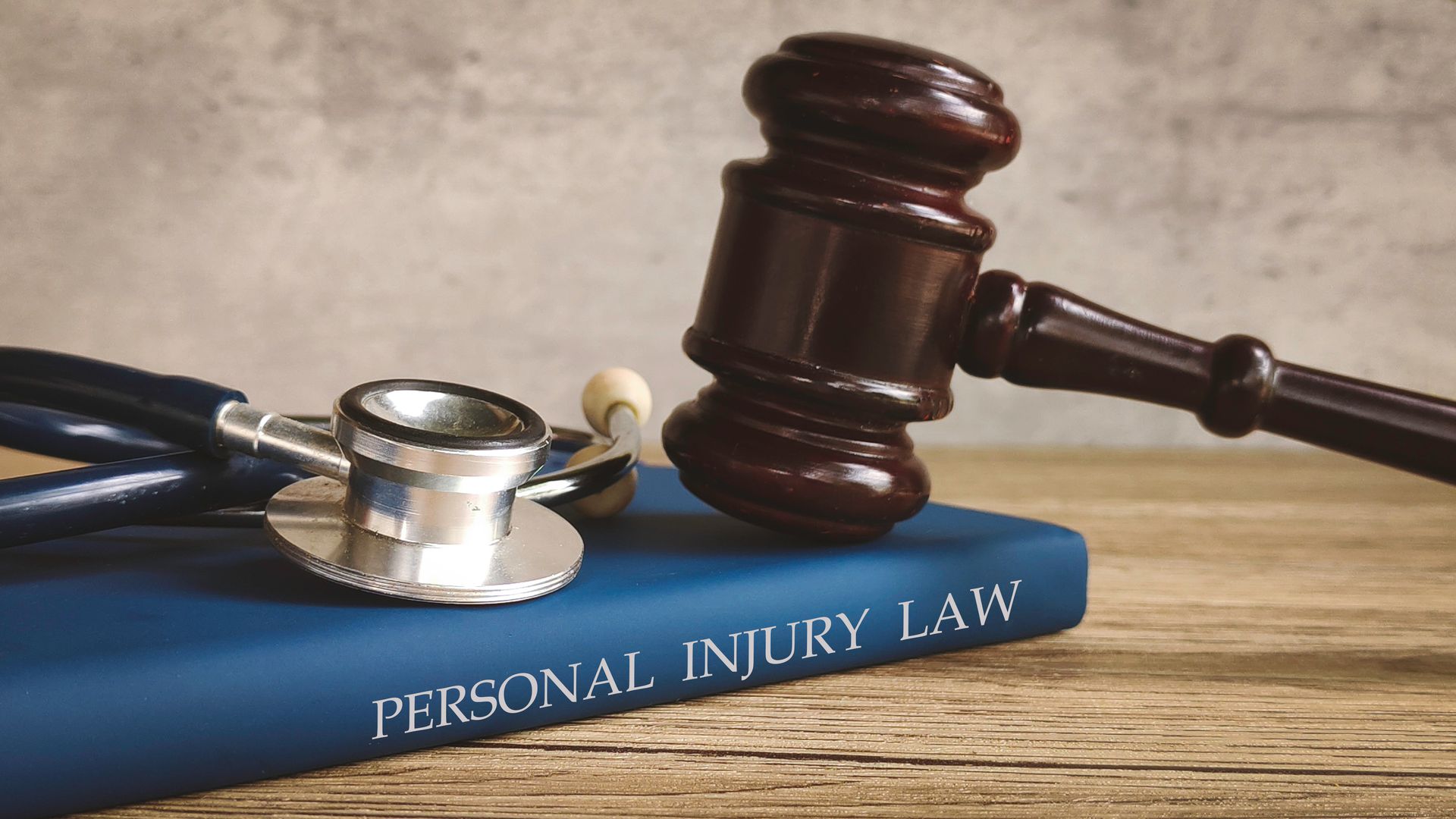2025 Eligibility for Record Restriction in Atlanta: Do You Qualify
If you are charged with a crime in Georgia, you may face a range of consequences, from serving jail time, paying fines, being on probation, or being ordered to do community service, depending on the crime. However, another penalty is having a criminal record, which can not only stain your reputation but also impede you from obtaining a range of opportunities. Therefore, if you have a criminal record, you should understand how eligibility for record restriction in Georgia works.
At The Law Office of Delisa Williams, PC, we provide criminal defense for a myriad of crimes. Whether you have been charged with a misdemeanor or a felony, our lawyers have top-notch skills, extensive experience, and provide the individualized attention necessary to help our clients reach successful outcomes.
What Is Record Restriction?
If you commit a crime, it will likely appear on your permanent criminal record. Criminal records in Georgia are maintained by the Georgia Crime Information Center (GCIC) and contain identifying information, arrest records, and judicial dispositions. These records are viewable by law enforcement agencies, courts, certain public agencies, employers, and the offenders themselves.
According to the Prison Policy Initiative, roughly 38% of adults in Georgia have a criminal record. Of the over 200,000 adult arrests reported statewide, many were for misdemeanors that may qualify for restriction.
Because criminal records are viewable to public agencies and employers, having a record can impede your ability to obtain employment, certain licenses, educational opportunities, and even housing. This is why many people seek to get their records expunged or restricted, also known as record sealing.
This distinction is beneficial to many offenders because it means that even though the record is still accessible to courts and criminal justice agencies, it is hidden from the public, helping offenders regain their abilities to obtain jobs, housing, licensing, and educational opportunities.
Georgia Record Restriction Laws
In Georgia, offenders can get up to two misdemeanors restricted from their criminal record. Record restriction laws are pursuant to O.C.G.A. §35-3-37, which outlines the procedures for record restriction, eligibility, and other key factors. To get your record restricted in Georgia, you should contact the prosecuting attorney.
If your arrest occurred in Georgia, you may need to contact the SOLICITOR'S OFFICE or DISTRICT ATTORNEY'S OFFICE for misdemeanor restrictions or the District Attorney’s Office for felony charges not resulting in conviction.
It is wise to hire a criminal defense lawyer to begin the process for getting your record restricted, whether it is done by application or with the prosecuting attorney. Your lawyer can help you navigate your application and help you with other legal complexities when submitting your request.
Record Restriction Eligibility
Only certain charges are eligible to get their records restricted or limited from public view. Your lawyer at The Law Office of Delisa Williams, PC can help you determine if you qualify, but generally, the following criteria must be met for record restriction in Georgia:
- Your case ended with a not-guilty resolution.
- Your sentence was downgraded.
- Your criminal conviction was an eligible misdemeanor with the following criteria:
- You completed the terms of your sentence.
- You have not been convicted of a crime in at least four years, with certain exceptions.
- You do not have any pending charges.
Generally, felonies are not eligible for restriction by Retro-Active First Offender is a viable tool in removing certain felonies. However, some crimes that are not eligible for record restriction, pursuant to O.C.G.A. §35-3-37, and include:
the Misd. not eligible for record restriction are
- Family violence simple assault and battery, with the exception of youth offenders
- Family violence stalking
- Child molestation
- Public indecency
- Sexual battery
Penalty for Attempting to Obtain Restricted Records
The purpose of the record restriction law is to provide for the sealing of criminal records so that offenders have a second chance at life without obstacles. Therefore, violating this law by attempting to view or obtain restricted records is met with consequences. Specifically, if a person illegally obtains or even attempts to obtain sealed or restricted records, they may be met with the following penalties:
- Paying fines up to $5,000
- Serving up to 2 years in jail
- Or both penalties
These penalties also apply to individuals who disclose or attempt to disclose security and privacy methods related to restricted records and other criminal justice information.
FAQs
Q: How Do I Get My Record Restricted in Georgia?
A: The process for getting your record restricted in Georgia depends on your case outcome. If your case met non-conviction criteria, such as getting dismissed or resulting in acquittal, then restriction occurs automatically if you were arrested after July 1, 2013. Nevertheless, following up with the prosecutor is recommended. However, if you were arrested before July 1, 2013, you must fill out an application and submit it to the arresting agency.
Q: What Is the New Law for Restricting Convictions in Georgia?
A: Georgia’s new record restriction law, Senate Bill 288, took effect on January 1, 2021. It allows those with certain misdemeanor convictions to restrict those records from public view if they have had no new offenses for four years. The law aims to remove barriers to opportunities, such as employment, housing, and education. Although the records are limited from public view, criminal justice agencies and judicial officials are still able to view the records.
Q: What Qualifies for Restriction in Georgia?
A: Only certain records qualify for restriction in Georgia. First, typically, only misdemeanors and only certain misdemeanors are eligible for restriction. Specifically, to be eligible for record restriction, you must have met the following criteria:
- Your conviction must have ended in a not-guilty disposition.
- You must have completed your sentence.
- You must not have been convicted of a crime in four years.
- You must not have any pending cases.
Q: Do Felonies Go Away After 7 Years in Georgia?
A: No, there is no specific law that states felonies go away after seven years in Georgia. Generally, felonies permanently remain on your record. To get your record expunged or permanently cleared, you should contact a lawyer to advise you of the process. However, certain records can be restricted if they meet eligibility requirements and if you go through the proper channels to request the restriction.
Contact an Experienced and Fierce Lawyer Today
If you believe your criminal record is eligible for restriction, you should contact us right away. You deserve a second chance and the ability to seek employment, housing, and other opportunities without the barrier of a record. At The Law Office of Delisa Williams, PC, we are here to help you get your life on track and earn your freedom.
See Related Posts:











